Happy New Year!
To all our clients and their adorable pets.
We are looking forward to another year during which it will be our pleasure to serve you. All the team takes great pride in offering our unique service to the best of their ability and helping out in any way we can. We were touched by the great number of gifts and cards that we received over Christmas and we are glad that we have been able to make a difference to so many people’s lives.
New Year’s Resolutions
If you have resolved to get healthier this year, remember that keeping your pet a healthy weight and giving them appropriate exercise are the best (and most cost effective) ways of keeping them healthy. For anyone needing an incentive to give up smoking, passive smoking can affect pets living indoors too. Cats particularly have small airways in their lungs and are very sensitive to the byproducts of smoking.
 This coming year we have several new plans for promoting the practice. Rosie will be giving talks about
This coming year we have several new plans for promoting the practice. Rosie will be giving talks about cat health at The Cat House – Norwich. These are ticketed events so if you would like to attend, please visit The Cat House website to book.
cat health at The Cat House – Norwich. These are ticketed events so if you would like to attend, please visit The Cat House website to book.
We will also be visiting dog shows and will let you know nearer the time, as these will be in the Summer.
Social Media
We have also expanded our presence on Facebook and Instagram. We post regularly with seasonal information and illustrative stories. It is also the method we use to alert clients if we have an urgent problem such as phone lines going down, so worth a follow. https://www.facebook.com/pawsindoorsvet. On Instagram look for paws.indoors
 Snowy Weather.
Snowy Weather.
We all love the look of fresh snow and many dogs really enjoy having a romp around. If your dog has fine hair, like Bazil, a bit of olive or coconut oil, or hand cream rubbed into the lower legs and between the pads will help stop the build up of snow on these areas. Old, young, small and thin dogs, as well as dogs such as greyhounds, with little body fat covering or thin hair coats, will need extra care. Reduce the time spent outside and dress them up in a water proof extra layer. If you have been walking next to salted or gritted roads, it is worth washing paws off at the end of the walk.
Antifreeze is highly toxic, but also sweet tasting, so mop up any spills and check that cats haven’t crept into the engine for some extra warmth before you start the car.
Driving in these conditions is hazardous, so if you have an appointment, please be patient. We will allow extra time for staff to reach you but the condition of the roads is beyond our control and we will always prioritise safety over speed.
 Prices for 2026
Prices for 2026
Please find below our headline prices for 2026. More information can be found on our website and we are happy to send you a full price list should you request it. We will always send you an estimate prior to any scheduled procedure and are happy to discuss costs and benefits of a variety of approaches prior to starting any course of treatment.
In addition, we offer our pet health plans for regular treatments and also have consultation included plans. These offer excellent value and savings compared to buying treatments individually, as well as giving you the peace of mind of knowing that we will come out to you whenever needed, without the worry of having to quickly find the cost of consultations. It also means that the cost of follow up visits is covered. For more information on the plans, please visit the website here .
Vet Services:
Vet Consultation Fee £155
Vet Consultation Same Day £225
Additional Pet Consult (Pet at same home at same appointment) £85
Vaccinations
Course £250 Puppy, Kitten, Re-starts – 2 injections 2nd with Vet Nurse.
Annual booster £170
Kennel cough £170 alone or £85 if given with annual booster.
Rabies £170
Rabbit £170 Myxo/VHD1 and 2.
10% Discount for 2 or 3 animals vaccinated at the same time if paid at the time of booking
Written prescription Fee £29
Referral fee £50
Certification fee £50
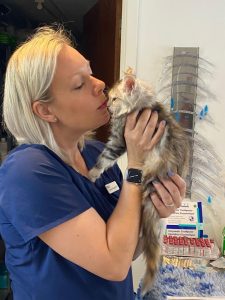 Vet Nurse Services:
Vet Nurse Services:
Nurse Consultation £70
Two Nurses visiting Together £140
Terms and Conditions
Our full terms and conditions can be found here. Our privacy policy can be found here.
If you have any questions, as always call on 01508 498718 or email info@pawsindoors.co.uk, where we will be happy to assist you.

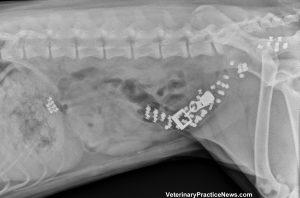 Milly has previously eaten things she shouldn’t have, leading to surgery to remove foreign objects from her stomach. While these procedures were necessary, they were understandably frightening for her.
Milly has previously eaten things she shouldn’t have, leading to surgery to remove foreign objects from her stomach. While these procedures were necessary, they were understandably frightening for her.
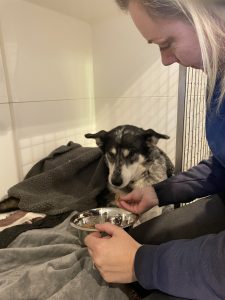
 Accessing specialist care without added stress
Accessing specialist care without added stress Positive progress and thoughtful ongoing care
Positive progress and thoughtful ongoing care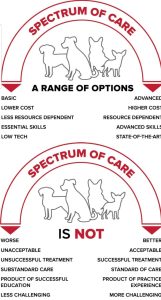

 For his 14th birthday, the whole family gathered for cake and celebrations, marking another year with their loyal companion. But behind the happy moments, it was clear that Rolo was beginning to struggle.
For his 14th birthday, the whole family gathered for cake and celebrations, marking another year with their loyal companion. But behind the happy moments, it was clear that Rolo was beginning to struggle.

 Making the kindest choice
Making the kindest choice
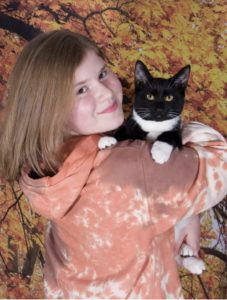

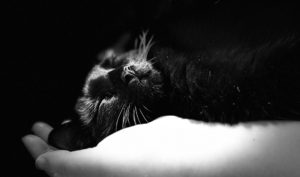
 sweeteners, can make pets very sick. Keep holiday food and drink well out of reach.
sweeteners, can make pets very sick. Keep holiday food and drink well out of reach.
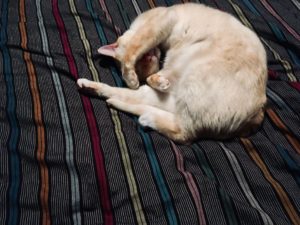 Treating the Whole Pet, Not Just the Symptoms
Treating the Whole Pet, Not Just the Symptoms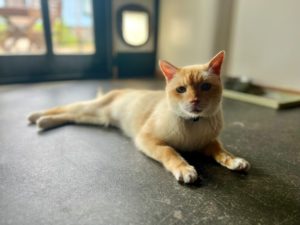
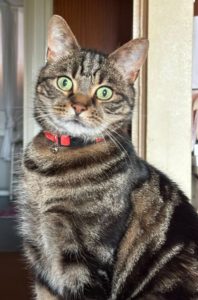 Thank you
Thank you
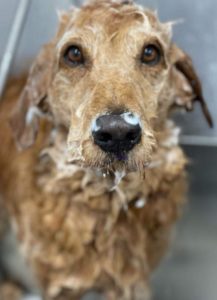
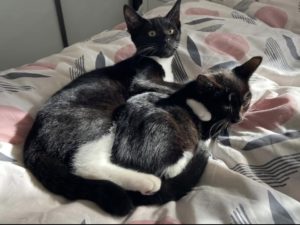 What is a Pet Health Plan?
What is a Pet Health Plan?

 so it is a good way for us to spread the word about Paws Indoors. If you have a community group who would like a talk from Rosie, or Emmaly, please get in touch.
so it is a good way for us to spread the word about Paws Indoors. If you have a community group who would like a talk from Rosie, or Emmaly, please get in touch. busy mum, carer, and devoted pet owner, when her two-year-old spaniel Snoopy started coughing.
busy mum, carer, and devoted pet owner, when her two-year-old spaniel Snoopy started coughing.
 Have you entered our Pet Photo Competition yet?
Have you entered our Pet Photo Competition yet?
 We are partnering on the stand with lovely Lizette from
We are partnering on the stand with lovely Lizette from 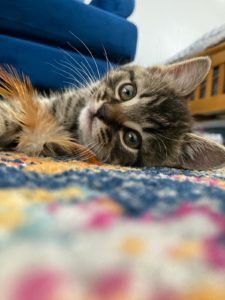
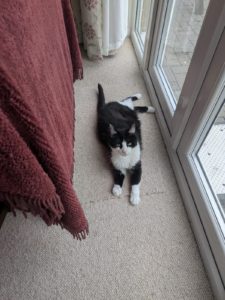

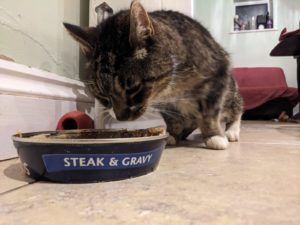 Cleopatra’s story: How a dental check gave our elderly cat a new lease of life
Cleopatra’s story: How a dental check gave our elderly cat a new lease of life